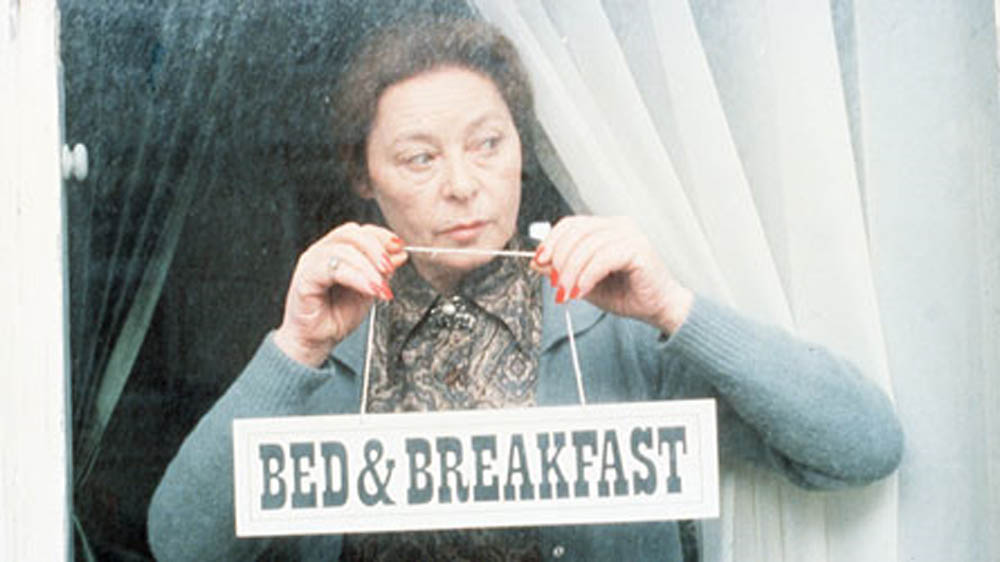Key Structures and Vocabulary for describing images
In the first image, there are/there is…
It looks like …/There seems to be …
Perhaps they are…
And maybe they are…
While the second image shows…
And it could be …
Or, on the other hand, there could be…
In the first image, I think that …
Or possibly, … because …
Whereas in the other image, I think …
They could also… due to the fact that…
So, overall, I think … although ….
On the left/right
In the background
At the front/back
Despite the fact that there is ..., there is also ...
Not only are there, there is also ...
Not only is there ..., there is also ...
I think these images differ in several ways such as ...
However, there are some similarities such as ...
These images make me feel ...
In my opinion, this images suggest/ show ...
SPEAKING PART 3
Start by choosing one and discussing how much of a priority it is or isn’t
Useful phrases for starting the task
“Shall we start with this one?”
“Which one do you want to start with?” “It doesn’t really matter which one we start with, so how about this one/ the first one?”
Move onto others
Useful phrases for quickly agreeing or disagreeing/ moving the discussion on
“I don’t feel the same way, but I see what you mean. Anyway,…”
“I don’t think we’ll ever agree on that, so…”
“I feel (basically) the same way, so…”
“We seem to agree on that one, so…”
“Have we discussed…?”
“How about…?”
“Let’s skip that one then.”
“Shall we move onto…?” “We still need to discuss…”
“What about…?”
“Which one should we discuss next?”
Bring that stage to a close and move onto the deciding stage
Useful phrases for moving onto the deciding stage
“We seem to be running out of time, so…”
“Shall we rush through the last few?”
“I don’t think we have time to discuss (all) the rest, so…”
“What was the second question we had to discuss?”
“What else do we have to discuss?”
“I think we’re ready to decide.”
Starting the deciding stage
Useful phrases for starting the deciding stage
“From what you said, I guess you’d choose…”
“I’d like to nominate…”
“I think we can eliminate/ ignore…”
“Definitely not…”
Continuing the deciding stage
Useful phrases for continuing/ managing the deciding stage
“We still need one more.”
“What about the second one?”
“It doesn’t seem we can agree on that one, so…”
“Maybe we should move onto another one.”
“If not that one, how do you feel about…?”
Ending/ summarizing the deciding stage
Useful phrases for ending/ summarizing the deciding stage
“So, we’ve decided on…”
“I think that means we agree on…”
“To recap,…”
“What was the first one we decided on again?”
Reporting what you decided (or not)
Useful phrases for reporting back to the teacher/ class
“We have only decided on one, which is…”
“We chose… because…”
“We haven’t agreed yet, but…”
“We couldn’t agree. I thought… but…”


